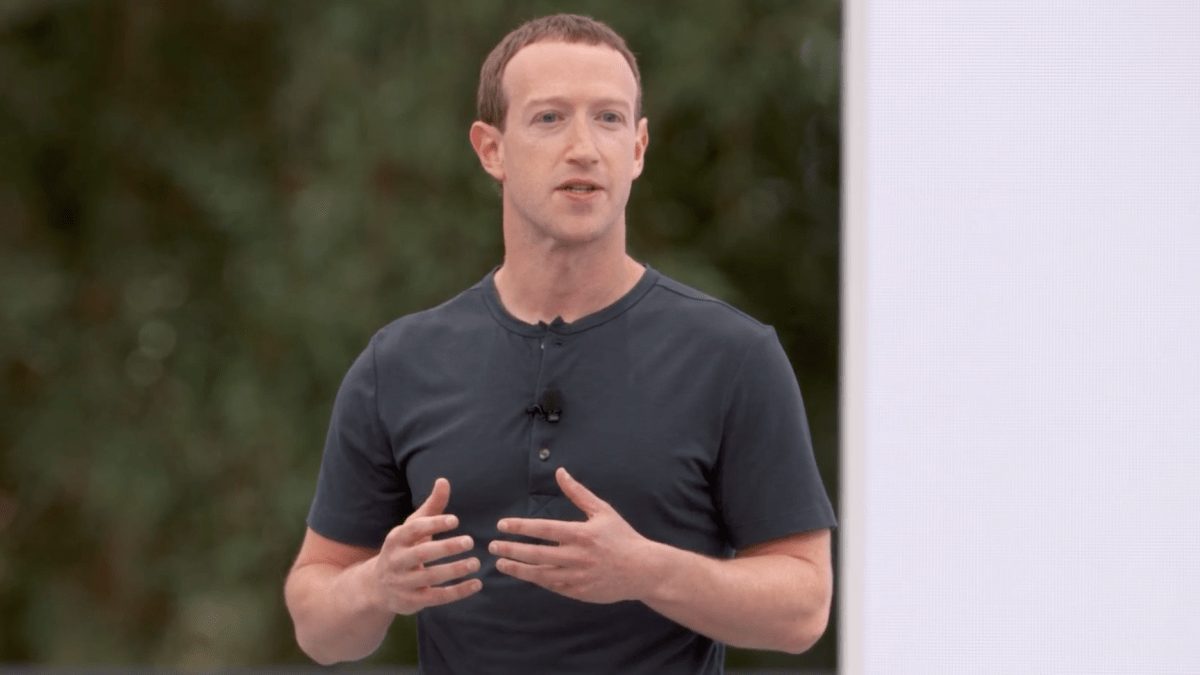Meta and Spotify are once again teaming up — this time, on the matter of open-source AI which the companies claim are being hampered by regulations. In joint statements published to both companies’ respective websites on Friday, Meta CEO Mark Zuckerberg and Spotify CEO Daniel Ek complain that EU privacy regulations around AI are holding back innovation. Meta, for instance, points out that it has been prevented from being able to train its AI models on public data across Facebook and Instagram because regulators haven’t crafted legislation to address how this should be handled as of yet.
“In the short term, delaying the use of data that is routinely used in other regions means the most powerful AI models won’t reflect the collective knowledge, culture, and languages of Europe—and Europeans won’t get to use the latest AI products,” Meta’s blog post warns. It also stresses that Europeans won’t be able to access the latest open-source technology and instead will be left with AI “built for someone else.”
The post additionally confirmed previous reports that Meta would withhold its next multimodel AI model from customers in the European Union due to a lack of clarity from regulators. Notes Meta, it will not be able to release upcoming AI models like Llama multimodel, which has the ability to understand images because of this.
Meanwhile, Spotify points to its early investment in AI technology as a reason why its streaming service became so successful in the first place, as it developed a personalized experience for each individual user.
“As we look to the future of streaming, we see tremendous potential to use open-source AI to benefit the industry. This is especially important when it comes to how AI can help more artists get discovered. A simplified regulatory structure would not only accelerate the growth of open-source AI but also provide crucial support to European developers and the broader creator ecosystem that contributes to and thrives on these innovations,” its post reads.
Reading between the lines, it’s not a stretch to assume that Spotify would like to use Meta’s AI technology to improve its products but is similarly impacted by the lack of clarity around AI regulations in the EU.
Of course, neither of these companies are against regulation when it works to their advantage.
For instance, the two share a common enemy in Apple — specifically, its App Store monopoly, which saw EU regulators dubbing the iPhone maker a Big Tech “gatekeeper” before forcing it to open up to alternative app stores, app distribution methods, and payment systems, among other things. Meta and Spotify didn’t criticize the regulation itself, only how Apple had responded. In this case, Zuckerberg joined Ek in criticizing Apple’s new business rules for EU developers under the region’s Digital Markets Act (DMA) — as being so onerous that he doubted any developer would opt in. Spotify had also called Apple’s compliance plan “extortion” and a “complete and total farce.”
Meta and Spotify have a history of working together in recent years, having earlier teamed up on music initiatives that included a miniplayer on Facebook that streamed Spotify directly from the app.

